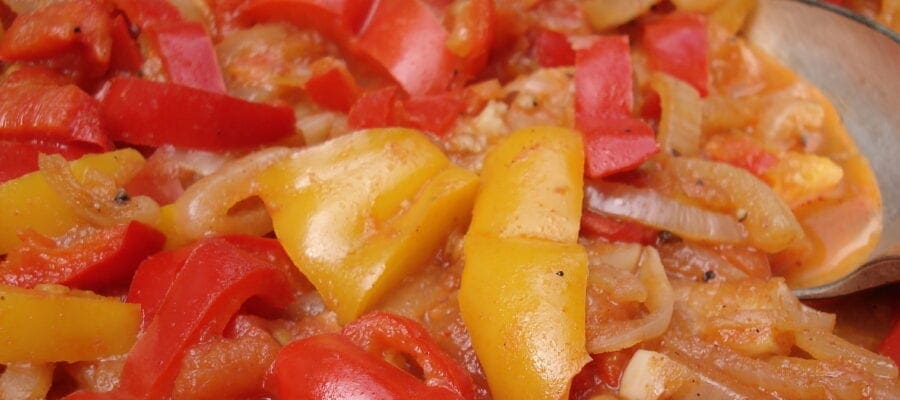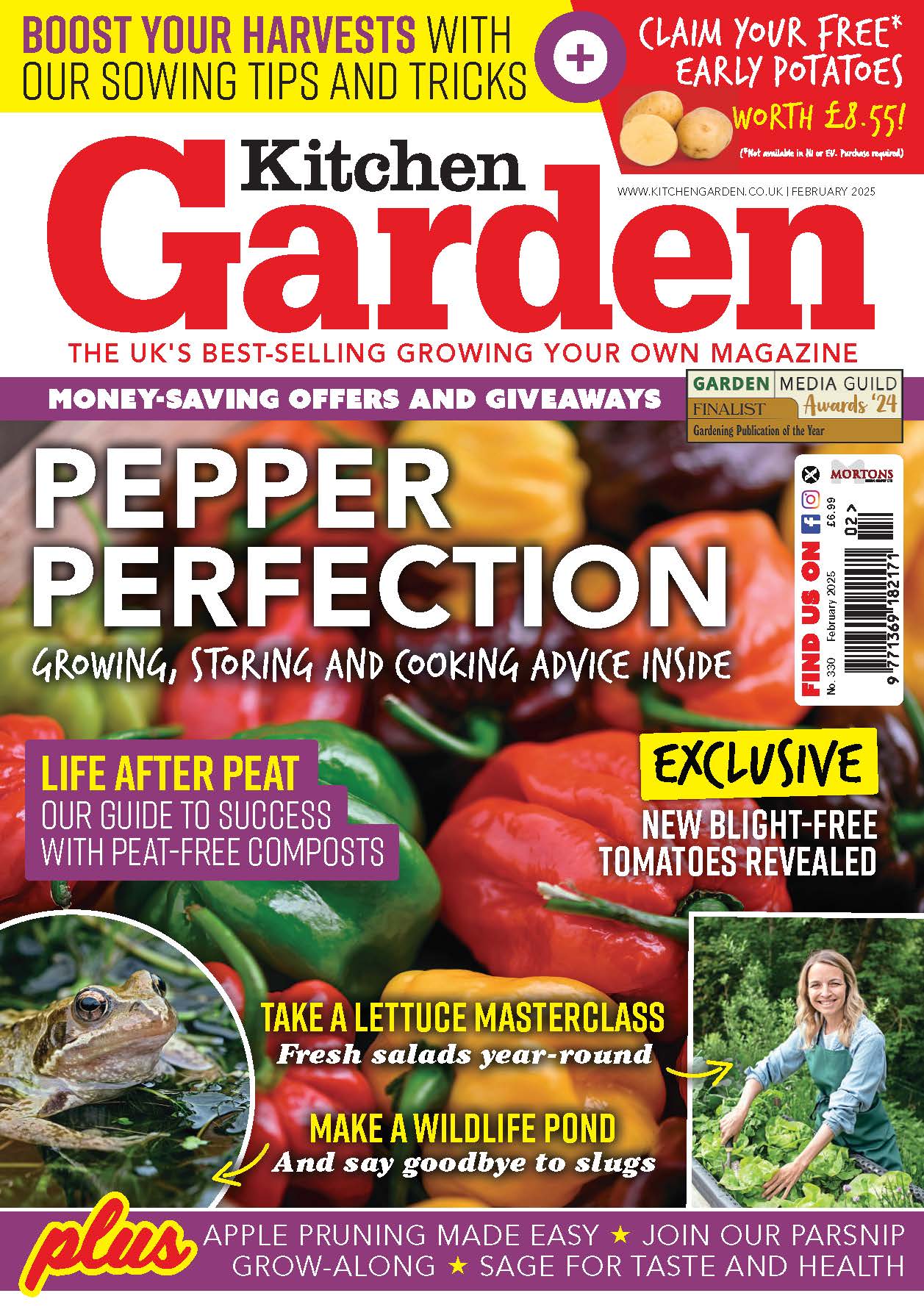A team of scientists has uncovered the earliest direct evidence of humans processing plants for food.
Researchers at the Organic Geochemistry Unit in the University of Bristol’s School of Chemistry, working with colleagues in Italy, studied pottery dating from more than 10,000 years ago, from two sites in the Libyan Sahara, and detected residues of foodstuffs preserved within the fabric of unglazed cooking pots.
Over half of the vessels studied were found to have been used for processing plants. Investigations showed that a broad range of plants were processed, including grains, the leafy parts of terrestrial plants, and most unusually, aquatic plants. The invention of cooking has long been recognised as a critical step in human development, as it would have allowed the consumption of previously unpalatable or even toxic foodstuffs and increased the availability of new energy sources.
Dr Julie Dunne, lead author of the research paper, says, “Until now, the importance of plants in prehistoric diets has been under-recognised but this work clearly demonstrates the importance of plants as a reliable dietary resource.
“These findings also emphasise the sophistication of these early hunter-gatherers in their utilisation of a broad range of plant types, and the ability to boil them for long periods of time in newly invented ceramic vessels would have significantly increased the range of plants prehistoric people could eat.”
Find out more at http://www.bristol.ac.uk/news/2016/december/prehistoric-plant-processing-.html





